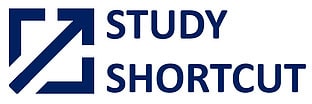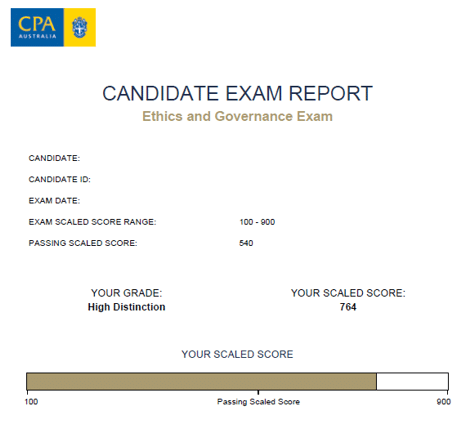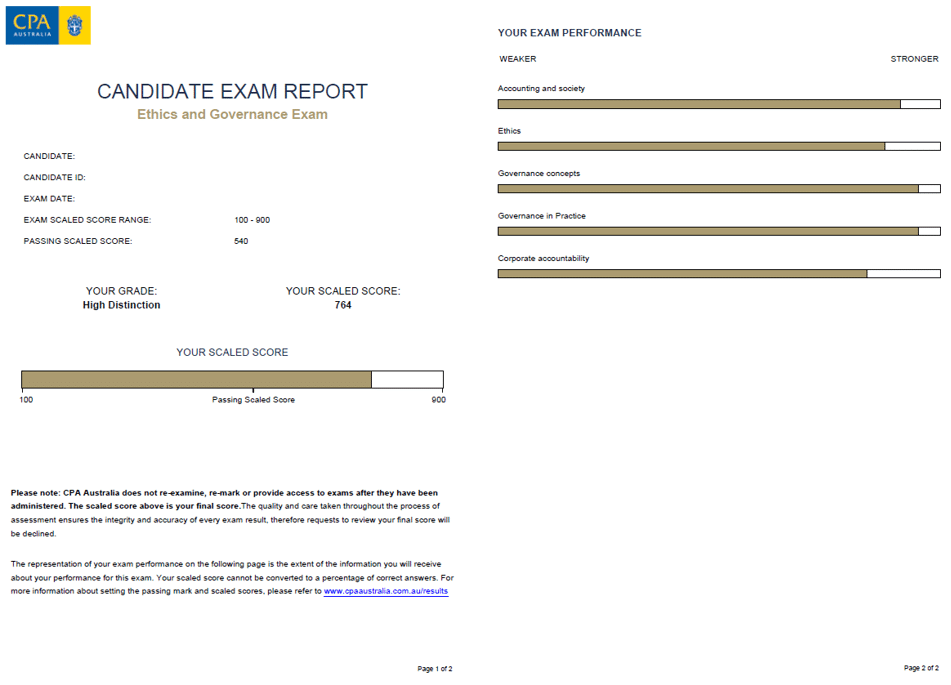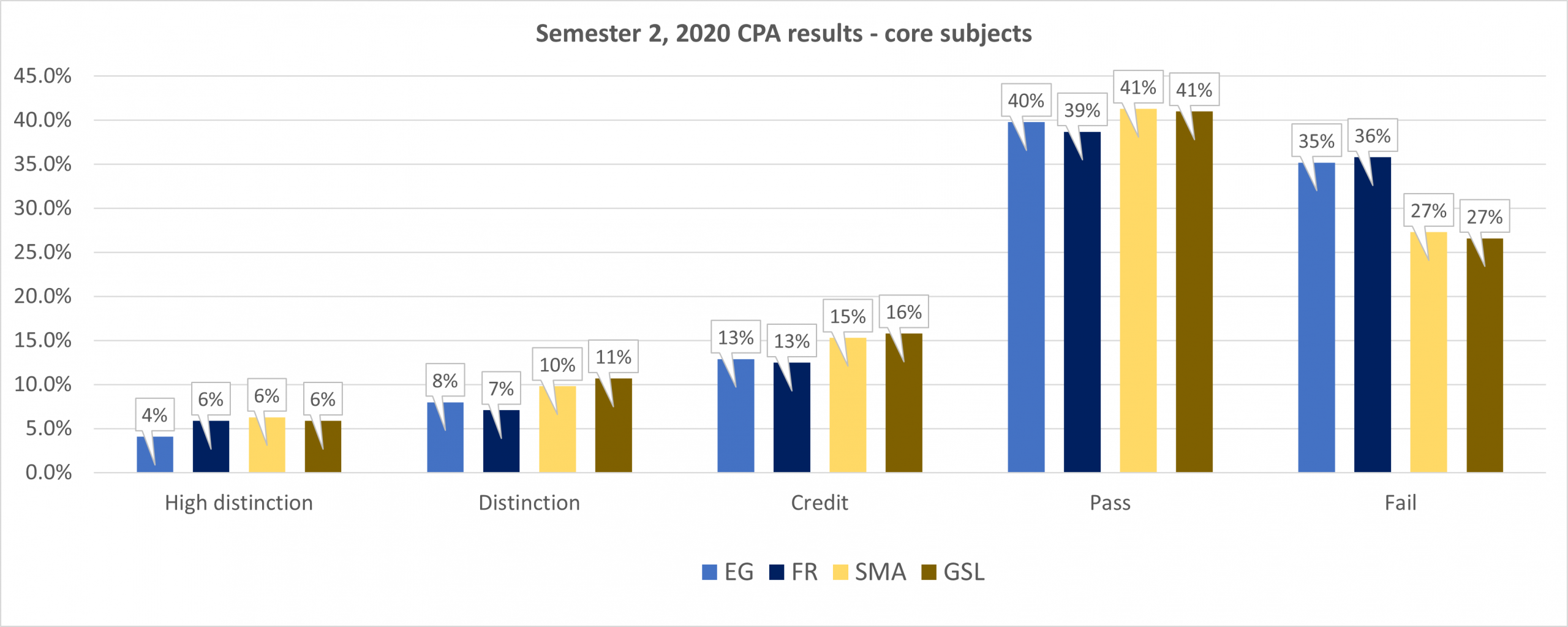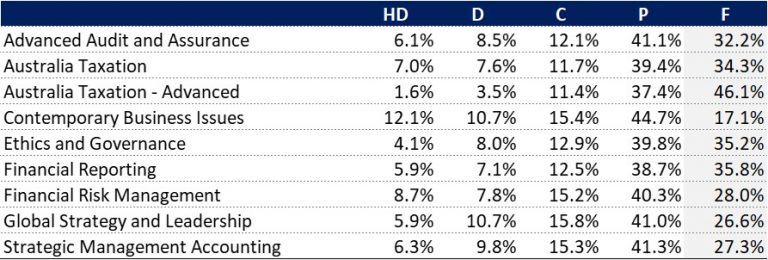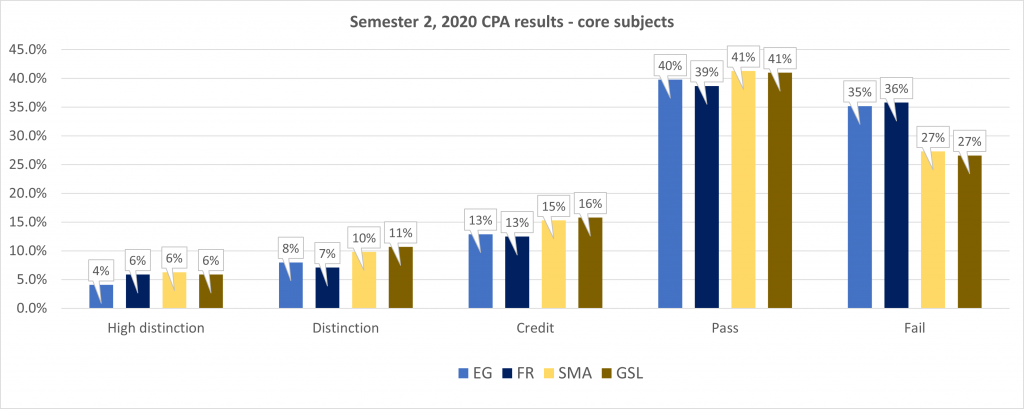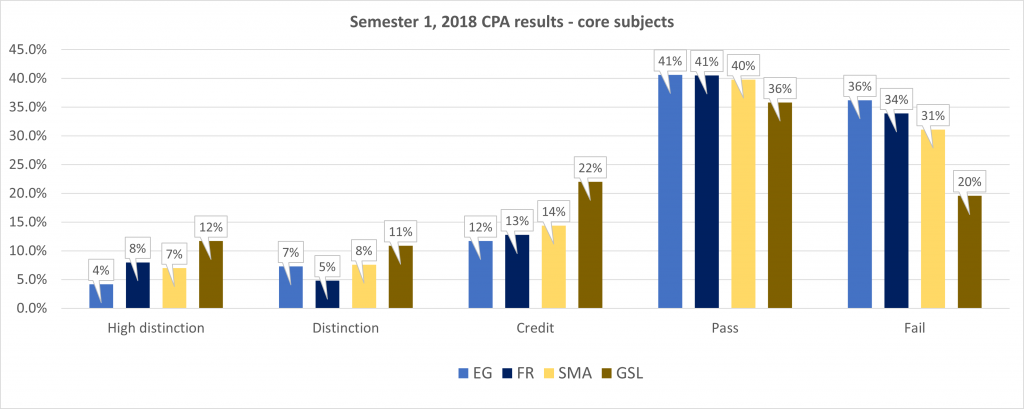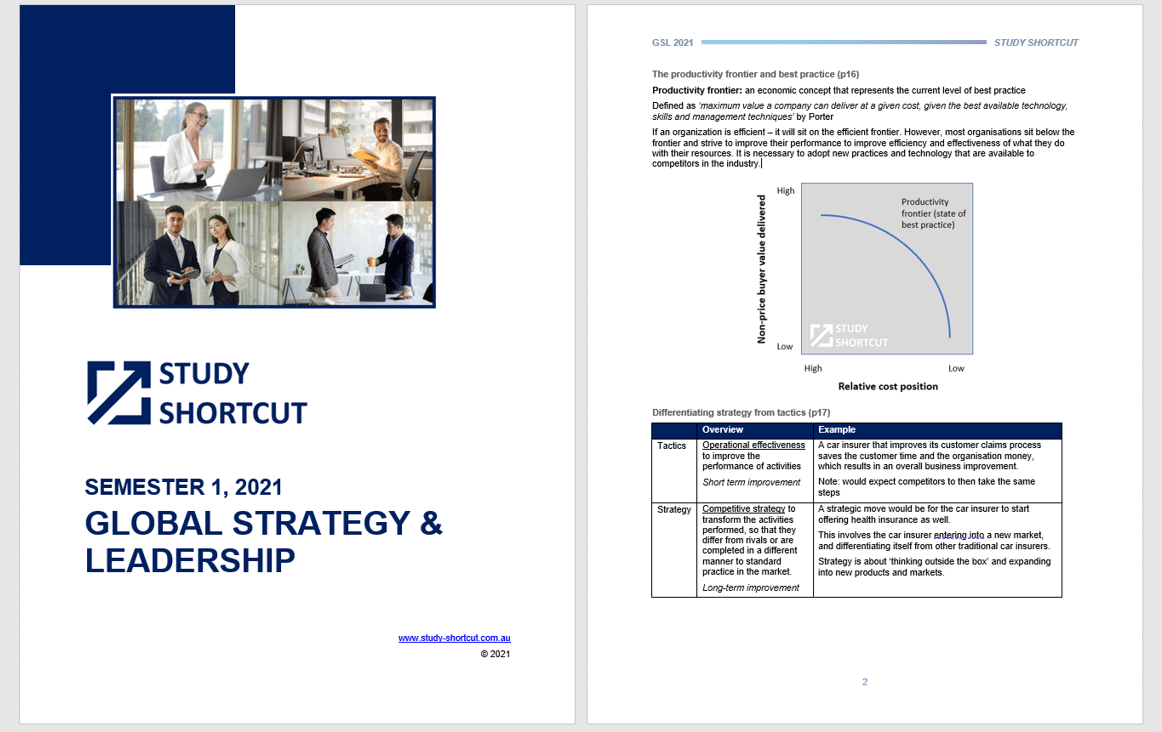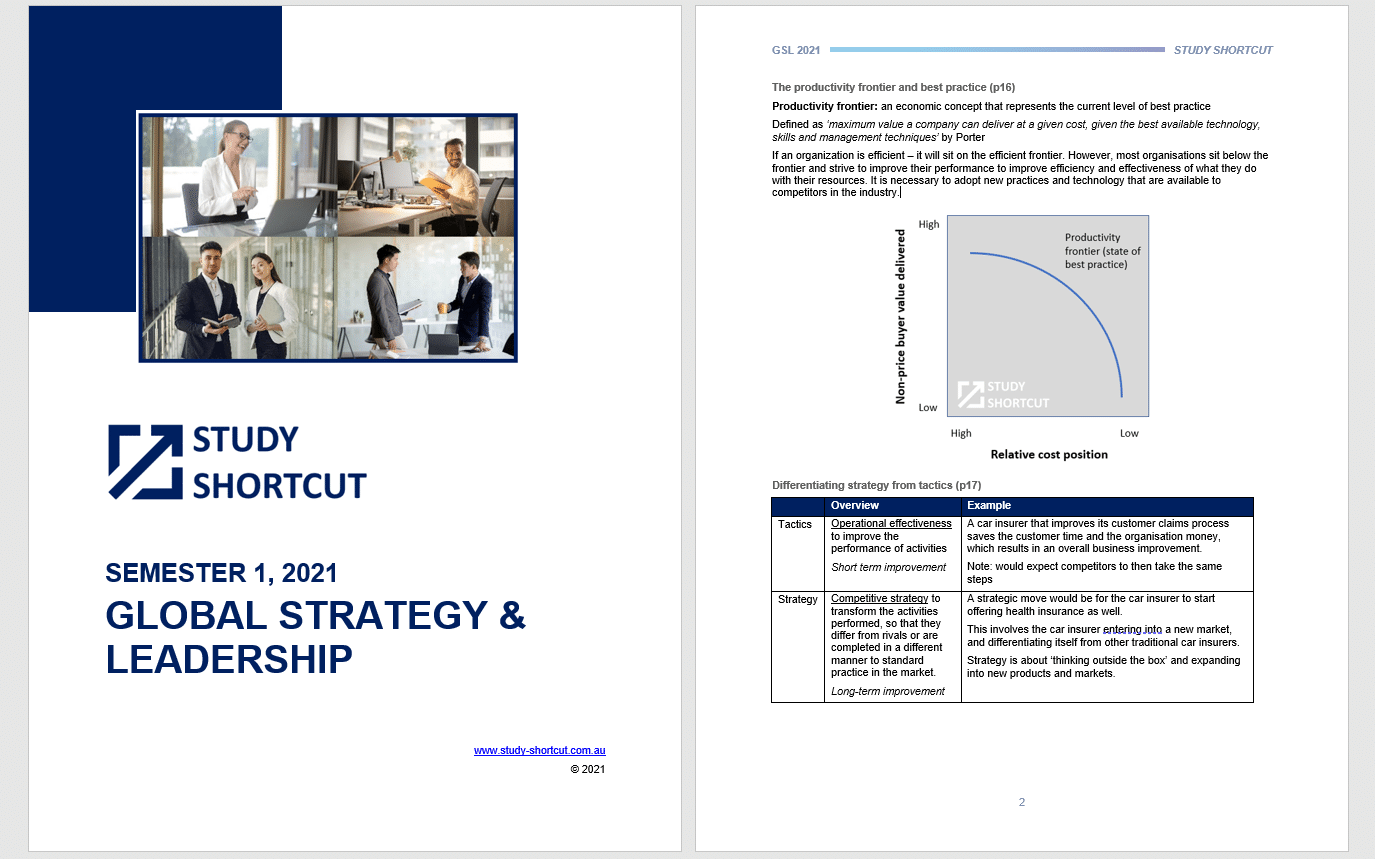CPA Australia important dates
Semester 2, 2022
Semester 2 enrolment opens in June 2022 – which makes this semester a shorter duration than Semester 1. Many CPA candidates will also be working through end of financial year responsibilities in their professional role – so early planning on how you will approach your semester of study will be critical to a successful result.
For all subjects (except for Australia Taxation and Australia Taxation – Advanced), the CPA Study Guides will remain the same for Semester 2 as in the previous semester. This means it is possible to start preparing for the semester prior to enrolment opening in June. This is particularly valuable to any students planning to complete two subjects during the semester.
CPA Australia important dates
Enrolment and exam scheduling opens — Monday 6 June 2022
Closing date for enrolment changes — Wednesday 29 June 2022
Early bird enrolment closing date — Wednesday 6 July 2022
Final enrolment closing date — Friday 15 July 2022
Semester starts — Monday 18 July 2022
Exam scheduling closes — Monday 25 July 2022
Closing date for deferrals — Monday 26 September 2022
Exam period — Tuesday 27 September 2022 to Sunday 16 October 2022
Exam results released via CPA Australia website — Friday 25 November 2022
More information about the CPA Australia dates and fees is available here.
Study Shortcut important dates
Study Shortcut is designed to fit in with your study plans – you can enrol at any time! You’re also able to extend your access to our programs if you defer your exam during the semester.
Please reach out via email if you woul like to discuss your specific needs for the semester ahead.
